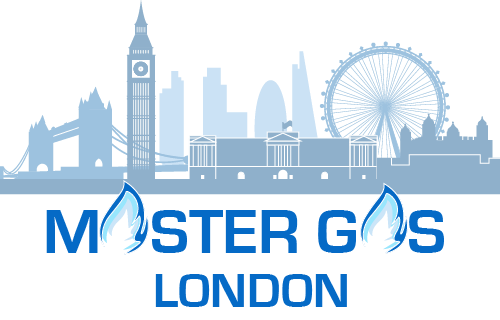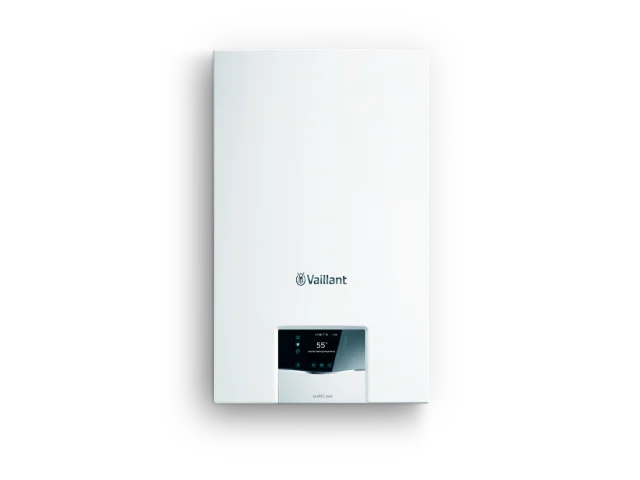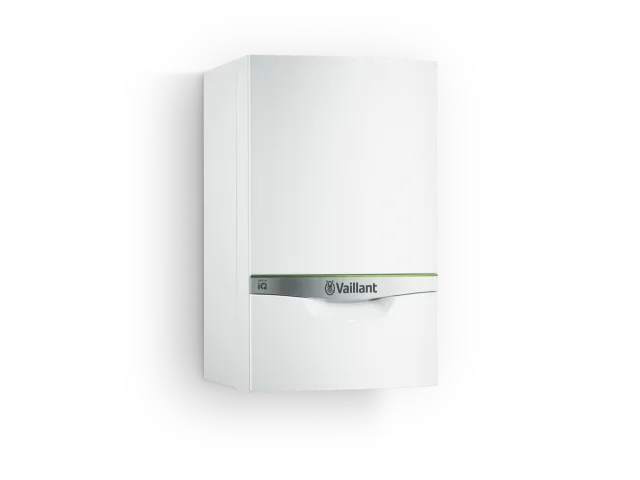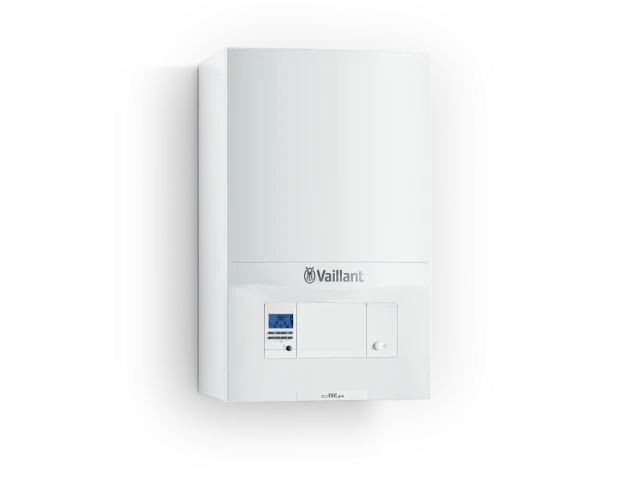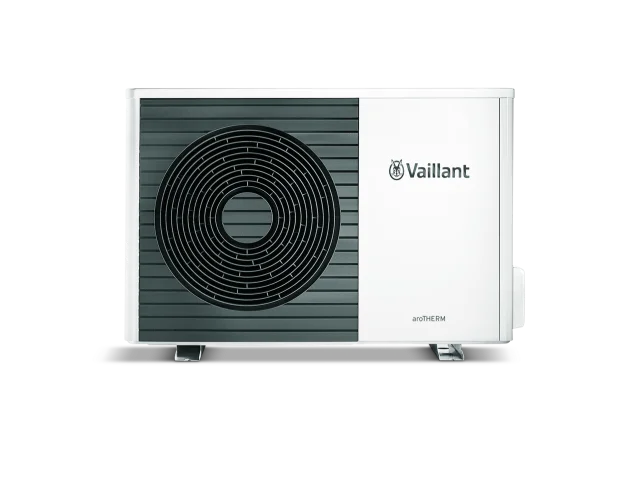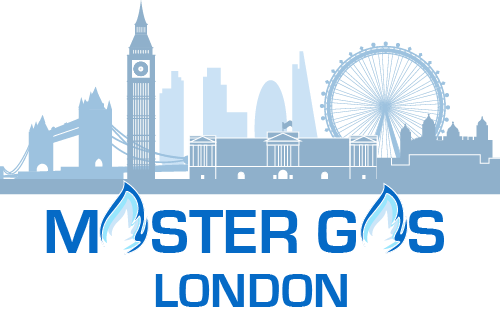
Boiler Types
- Written by Tamer Izzet
- Boiler guide, Boiler types
Boiler Types
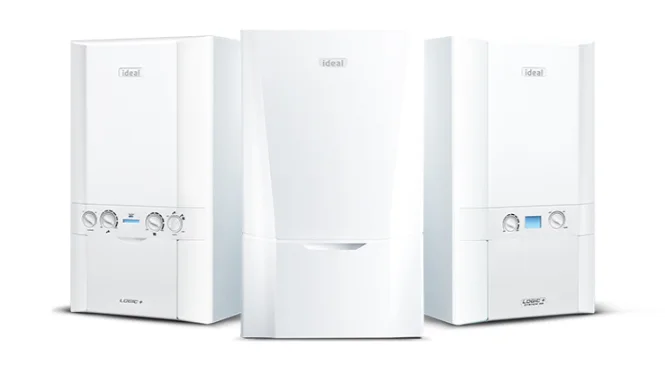
Boiler Types: A Comprehensive Guide for Homeowners
Selecting the appropriate boiler type is crucial for ensuring your home’s heating system operates efficiently and meets your household’s hot water demands.
In the UK, the three primary boiler types are combi boilers, system boilers, and conventional boilers. Additionally, with the shift towards sustainable energy, Hydrogen-Ready Boilers and Air Source Heat Pumps are becoming viable alternatives.
This guide will explore each type, their advantages, and considerations to help you make an informed decision.
Combi Boilers
Combi boilers, or combination boilers, are highly efficient units that provide both heating and hot water directly from the mains, eliminating the need for separate water tanks or cylinders. They are the most common boiler type in UK homes.
Advantages:
Space-Saving: Without the need for additional tanks, combi boilers are ideal for homes with limited space.
Energy Efficiency: They heat water on demand, reducing energy wastage.
Cost-Effective Installation: Simpler installation can lead to lower upfront costs.
Considerations:
Water Pressure Dependency: Performance may be affected in areas with low mains water pressure.
Simultaneous Usage Limitations: May struggle to supply hot water to multiple outlets at once in larger households.
System Boilers
System boilers work in conjunction with a separate hot water cylinder but do not require a cold water tank. Many components are built into the boiler itself, making them more compact than conventional boilers.
Advantages:
Consistent Hot Water Supply: Capable of supplying hot water to multiple taps simultaneously, ideal for larger homes.
Space Efficiency: No need for a loft tank, freeing up space.
Compatibility with Solar Heating: Can be integrated with solar water heating systems for enhanced energy efficiency.
Considerations:
Cylinder Space Requirement: Requires space for the hot water cylinder.
Hot Water Availability: Once the stored hot water is depleted, it requires time to reheat.
Conventional Boilers
Also known as regular or heat-only boilers, conventional boilers are traditional systems that use both a hot water cylinder and a cold water storage tank, typically located in the loft.
Advantages:
High Hot Water Demand: Suitable for homes with multiple bathrooms and high hot water usage.
Compatibility with Older Systems: Easily integrated into existing traditional heating systems.
Low Pressure Suitability: Ideal for areas with low mains water pressure.
Considerations:
Space Requirements: Needs ample space for both the cylinder and storage tanks.
Installation Complexity: More complex installation can lead to higher costs.
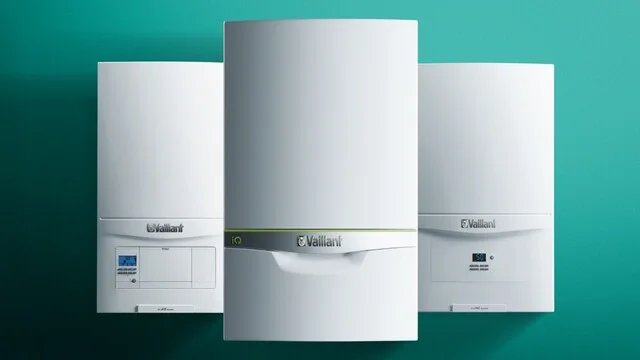
Hydrogen-Ready Boilers: The Future of Home Heating
As the UK transitions towards a low-carbon future, Hydrogen-Ready Boilers are gaining traction as a sustainable alternative.
These boilers are designed to run on natural gas now and seamlessly switch to hydrogen fuel in the future.
Advantages:
Future-Proofing: A hydrogen-ready boiler ensures your heating system is prepared for upcoming changes in fuel sources.
Low Carbon Emissions: Hydrogen produces no carbon dioxide when burned, contributing to a greener environment.
Considerations:
Availability: The UK is still in the early stages of transitioning to hydrogen fuel, so these boilers are more of a long-term investment.
Air Source Heat Pumps: A Renewable Alternative
Air Source Heat Pumps (ASHPs) are an eco-friendly alternative to traditional boilers. They extract heat from the outside air and use it to warm your home and hot water.
Advantages:
Renewable Energy Source: Reduces reliance on fossil fuels and lowers carbon emissions.
Energy Efficiency: Highly efficient, with some systems achieving over 300% efficiency.
Government Grants: Eligible for incentives like the Boiler Upgrade Scheme, which can offset installation costs.
Considerations:
High Upfront Costs: Installation costs are much higher for air source heat pumps than traditional boilers, typically ranging from £8,000 to £14,000.
Compatibility: Works best in well-insulated homes with underfloor heating or larger radiators.
Choosing the Right Boiler Type
When selecting the appropriate boiler type for your home, consider the following factors:
Household Size and Hot Water Demand: Larger households with multiple bathrooms may benefit from a system or conventional boiler, while smaller homes might find a combi boiler more efficient.
Space Availability: Assess the space available for installation, especially for components like cylinders and tanks.
Mains Water Pressure: Evaluate your home’s water pressure, as it can influence boiler performance.
Future-Proofing: If you’re considering long-term sustainability, explore options like Hydrogen-Ready Boilers or Air Source Heat Pumps.
Conclusion
Understanding the different boiler types – combi, system, and conventional, along with emerging technologies like Hydrogen-Ready Boilers and Air Source Heat Pumps – is essential for choosing a heating system that aligns with your needs and sustainability goals.
For expert guidance and new boiler installations, contact Master Gas London. Our team can help you navigate the options and select the perfect solution for your home.
Whether you’re upgrading to a combi boiler, considering a combi boiler conversion, or exploring renewable heating alternatives, we’re here to assist you every step of the way.
Popular Services
What Our Customers Say

Darrell Horwood
08/01/24
Tam and his team, great price, great installation , clean tidy, great after care. Most of all Nice people. Vaillant Ecotec Plus. Rad installed.In the words of Tina Turner “simply the best”

Rachel Cranshaw
05/01/24
Installed a new boiler for us in 2022. New Year’s Eve 2023 we had an unrelated problem with our Co2 alarm, Ed called me, then came round to check everything was fine – fantastic service and we were so grateful!

Darryl Gould
12/11/23
We had a boiler replaced. The team were amazing from quotation to installation. The new boiler was installed in a day. The house was left tidier than when they arrived. Highly recommended.

Terry H
03/01/24

Leo Adewebi
19/10/23
Referred to this amazing company Master Gas London as l needed to replace an old boiler. I contacted them, in a couple of days, surveyed, detailed quote with recommendations, and installation arranged.

Paul S
21/12/23
New boiler, replacement of leaking underfloor heating manifold, rerouting overflow pipe, improved piping in cellar – all completed to a high standard in one day. Thanks!

Ben Ross
18/11/23
Highly recommend Master Gas for any boiler issues. They came and fitted a new boiler quickly and at a fair price & were a pleasure to have in the house. Highly recommend.
